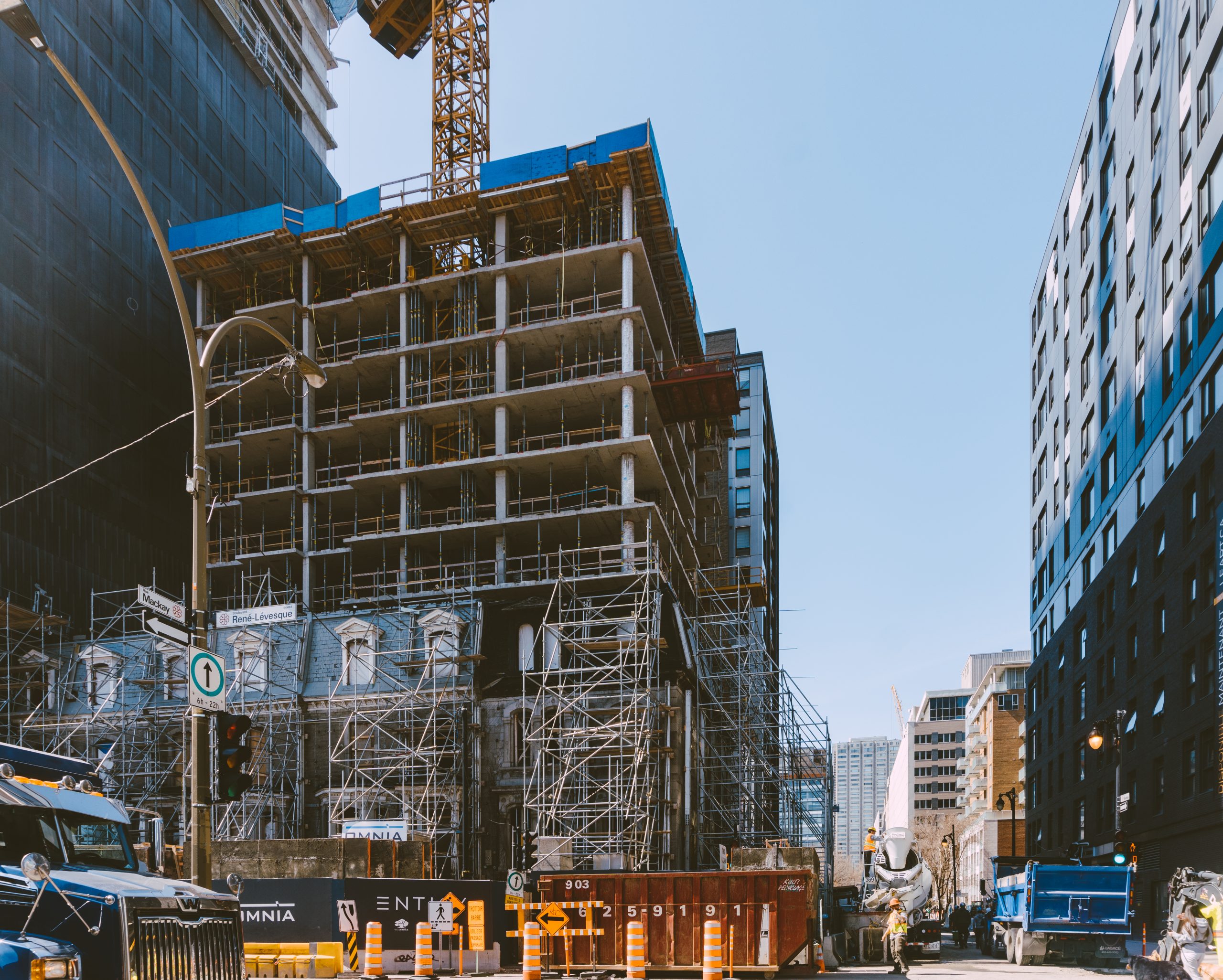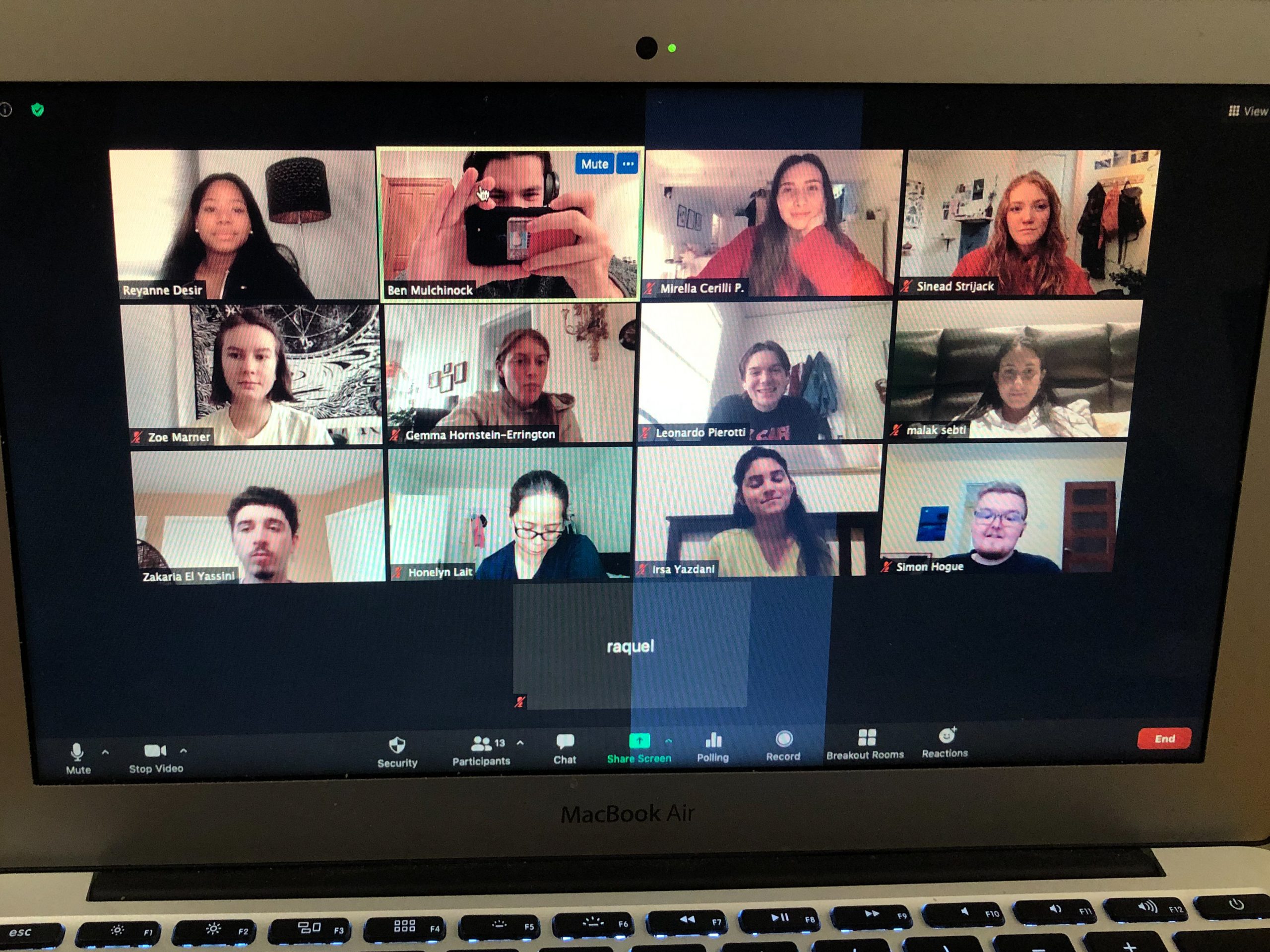This week marks the one year anniversary of the devastating 7.0 magnitude earthquake that struck close to Haiti’s capital Port-au-Prince. Over 200,000 lives were lost and hundreds of thousands more became homeless and were injured.
It was clear that Haiti needed our help, and for about a month after Jan. 12, 2010, you could not turn on the news or pick up a paper without hearing or reading a story about the devastation. On March 31, in an attempt to map out a plan to help Haiti, the United Nations held an International Donor Conference, where countries such as the United States, Canada, the European Union and many others pledged over $5 billion towards Haiti relief efforts. Some pledges remain to be fulfilled; only a third of the $205 million that Canada pledged has been sent so far.
Also, with Haiti’s government up in the air, it is questionable how the money that did get there was distributed and how, if at all, it helped. With reports of government corruption, some Canadians were inevitably put off and worried about where their money was going and either stopped giving and caring, or gave to unofficial non-profit organizations.
If one year later many Haitians are still homeless and suffering, then the humanitarian efforts, though numerous and generous, have obviously been too slow and ineffective. What good are billions of dollars in pledges if people die before the money gets there?
In case the earthquake was not a big enough hurdle, Haiti was also struck by a cholera outbreak in late October. It is estimated that around 2,500 people have died from cholera since, and more than 60,000 have been hospitalized because of it.
Although money is essential to improve the situation in Haiti, it is not the only thing that can help turn things around.
Cholera is spread because of poor sanitation conditions and tainted food and water. The number of people who die from cholera can be drastically decreased if Haiti is provided with clean water, food and much needed medical supplies.
Haitians need more resources to help rebuild their country. They need more building equipment and work opportunities to improve circumstances. Haitians will not be able to heal from the earthquake and resume their lives if most of the rubble remains where it was a year ago. We are looking at a country that is so broken it could take years to repair. Throwing money at them and expecting Haitians to simply bounce back is naive and unrealistic.
A BBC News article quoted former U.S. President Bill Clinton as saying he shared the frustration of those who thought reconstruction was too slow, but added that he thinks there will be a big increase in the pace of movement next year. Clinton also said hundreds of thousands of Haitians would be moved out of the camps next year and into permanent housing.
Haiti was a bad situation that was made even worse with this disastrous earthquake. What Haitians need now is not all that different from what they needed before their lives were completely devastated: resources, infrastructure and a reliable government that can secure employment, education and security of its people.



